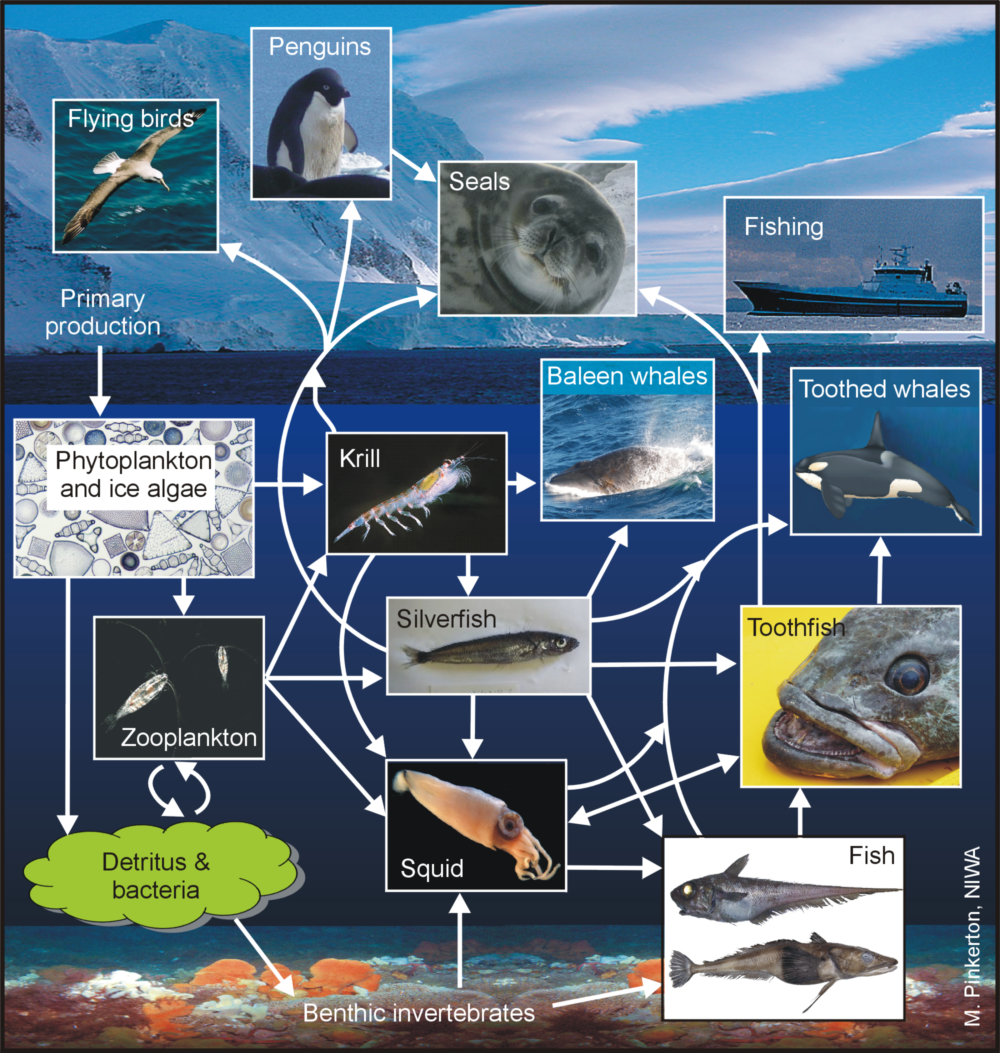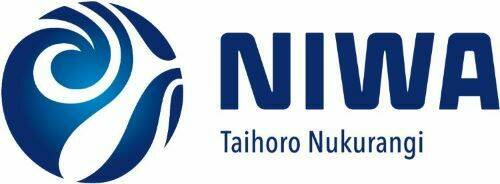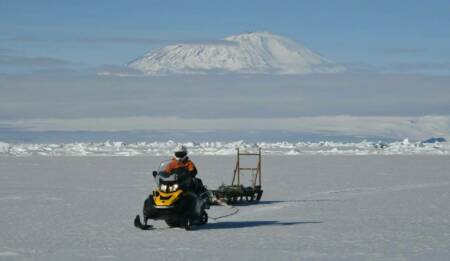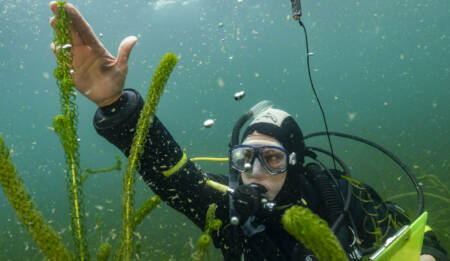The Ross Sea Region Research and Monitoring Programme (Ross-RAMP)
Led by NIWA, the Ross Sea Region Research and Monitoring Programme (Ross-RAMP) is a five-year research programme aiming to evaluate the effectiveness of the Ross Sea Marine Protected Area (MPA).

Background
The Ross Sea Region Research and Monitoring Programme (Ross-RAMP) is funded by the Ministry of Business, Innovation and Employment and run by NIWA to evaluate the effectiveness of the Ross Sea Marine Protected Area.
The Ross Sea MPA came into effect in 2017. It sets out to conserve the area’s ecology, mitigate threats to ecosystems from fishing, and provide a reference area to better gauge the effects of fishing and climate change over time. The MPA balances environmental protection, sustainable fishing, and science interests. The protection will cease in 2052 and proof of the effectiveness of the MPA is needed for it to continue beyond this 35-year period.
Project details
NIWA’s science is establishing how the impacts of the MPA can be demonstrated. It focuses on 10 components:
- physical and chemical environment and oceanography
- “bio-regions” (representative areas)
- phytoplankton, oceanic primary production, and energy flow through the microbial system
- keystone species (including krill, silverfish, lanternfish and zooplankton)
- krill predators (Adélie penguins and emperor penguins)
- predators of Antarctic toothfish (Weddell seals and sperm whales)
- Antarctic toothfish (the target of the Ross Sea long line fishery)
- deep-sea fish species that are the prey of Antarctic toothfish (rattails and icefish especially)
- bycatch species (skates)
- vulnerable benthic ecosystems (structure-forming benthic invertebrates such as corals).
For each of these components, the research will:
- characterise the ecosystem as it is now (baseline)
- develop and apply methods which can measure any change in the long-term
- create new analysis/modelling approaches to evaluate the effect of the MPA.
The programme is run by NIWA and includes researchers from Manaaki Whenua – Landcare Research, iwi partners (Ngāi Tahu and Ngātiwai), and the New Zealand Antarctic Platform. International collaborators come from countries including the USA, Australia, Korea, China, Japan, UK, Spain, France and Italy.
What they hope to achieve
The project will focus on answering the question: Is the world’s largest marine protected area effective? NIWA’s science will establish how the impacts of the MPA can be demonstrated.
Contact
Dr Matt Pinkerton

Resource









